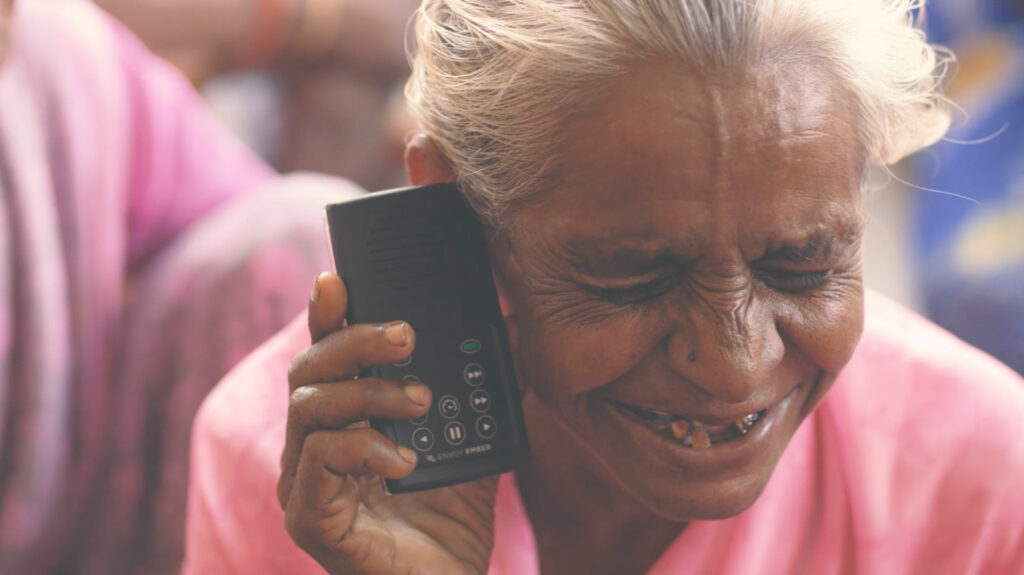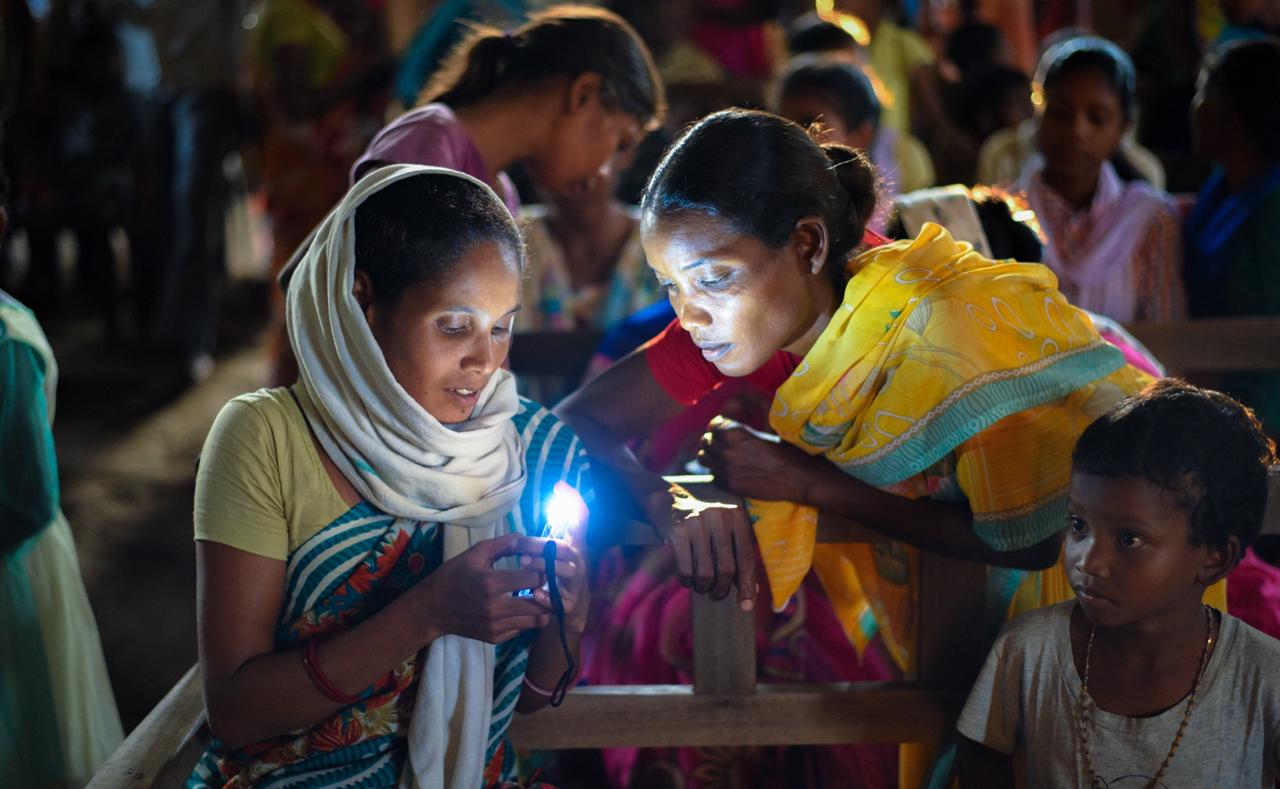LISTEN TO THIS STORY:
On August 4, two massive explosions shook the city of Beirut.The first thing I felt after the devastating explosion was fear…was it an airplane bombing or explosion?” says Rev. Kevork Tchaparian, the Senior Pastor of Spring of Life Church in Beirut. Because his generation saw many wars in Lebanon, he says, “the first thing I thought was taking my kids downstairs to the underground parking.”
As the dust settled, the sheer magnitude of the explosion’s damage came into focus: at least 180 people died, 6,000 were injured, $10–15 billion USD of property damage had occurred, and an estimated 300,000 people were left homeless.
“The Lebanese people, and especially the ones in Beirut and its suburbs, reacted in different ways,” says Rev. Tchaparian. Some were angry at the negligence of the Lebanese government, some hopelessly lamented that Lebanon would never recover, and some cried out in pain at all the unnecessary loss.
Rev. Tchaparian and his church family, however, responded in a different way.
“We as a church prepared ourselves and…divided [our response] into four phases.”
First, they set up a tent near the explosion area where they handed out sandwiches and water to workers and families who lived nearby.
Next, they got to work repairing homes belonging to church members.
Then, they visited other damaged homes to help clear debris and make repairs.
They also prayed with and encouraged the homeowners and brought food rations for them.
“All these phases,” says Rev. Tchaparian, “became a means to distribute audio Bibles that we…never had the chance to distribute because of COVID-19. We were able to distribute around 400 audio Bibles and evangelize to a good number of people. 300 were distributed to Lebanese from a Muslim background and 100 were distributed to Armenians.”
It takes tremendous strength of character and faith to intentionally look for opportunities to serve in the aftermath of tragedy. Their response plan made by Rev. Tchaparian and his congregation not only took into consideration the physical needs of their community but also the spiritual needs. They inspire us and show us what it looks like to be the hands and feet of Christ, even when the ground shakes beneath our feet.


